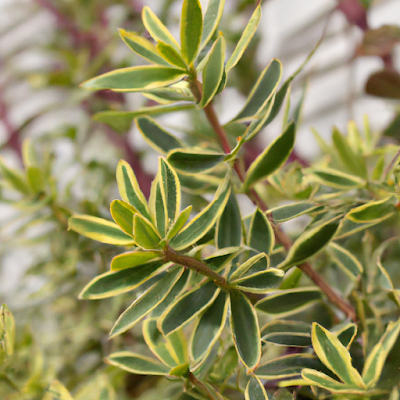Herbal Aromatherapy and Essential Oils
Aromatherapy and Essential Oils: herbs in aromatherapy, production of essential oils. benefits and uses of essential oils derived from herbs,safety precautions.
Aromatherapy and essential oils are practices that involve using aromatic plant extracts to promote physical and psychological well-being. Essential oils are typically derived from herbs, flowers, and other plant parts.
Here's an overview of herbs in aromatherapy, the production of essential oils, their benefits and uses, and safety precautions:
1. Herbs in Aromatherapy:
-Aromatherapy uses a wide range of herbs and plants to extract essential oils.
-Common herbs and plants used include lavender, eucalyptus, peppermint, rosemary, chamomile, tea tree, and many more.
-Each herb or plant has unique properties and aromas that can influence mood, emotions, and physical health.
2. Production of Essential Oils:
-Essential oils are typically extracted through various methods, including steam distillation, cold-press extraction, and solvent extraction.
-Steam distillation is the most common method and involves passing steam through the plant material to release the volatile aromatic compounds.
-The resulting aromatic condensate is collected and separated, leaving behind the essential oil.
3. Benefits and Uses of Essential Oils Derived from Herbs:
Aromatherapy with essential oils can have numerous benefits, including:
Stress Relief: Many essential oils, such as lavender and chamomile, are known for their calming properties.
Pain Relief: Some essential oils, like eucalyptus and peppermint, can help alleviate pain and muscle tension.
Improved Sleep: Essential oils like lavender can aid in improving sleep quality.
Respiratory Health: Eucalyptus and tea tree oils are often used for respiratory support.
Skin Care: Tea tree and lavender oils can be used for various skin issues.
Mood Enhancement: Citrus oils like lemon and orange can help uplift mood and increase energy.
Essential oils can be used in diffusers, massage oils, baths, and even inhaled.
4. Safety Precautions:
-Essential oils are highly concentrated and potent, so it's essential to use them with care.
-Always dilute essential oils with a carrier oil (like coconut or almond oil) before applying them to the skin. A typical dilution ratio is 1-3% essential oil to carrier oil.
-Conduct a patch test on a small area of your skin to check for any adverse reactions before widespread use.
-Some essential oils are not safe for use during pregnancy, with babies, or individuals with certain medical conditions. Consult a qualified aromatherapist or healthcare provider for guidance.
-Do not ingest essential oils unless under the supervision of a trained healthcare professional.
-Keep essential oils out of reach of children and pets, as some oils can be toxic if ingested.
-Store essential oils in a cool, dark place to preserve their potency.
In conclusion, aromatherapy using essential oils derived from herbs offers a holistic approach to well-being. It's important to use them safely and wisely, understanding each oil's properties and consulting with experts when necessary to maximize their benefits while minimizing potential risks.



Comments
Post a Comment